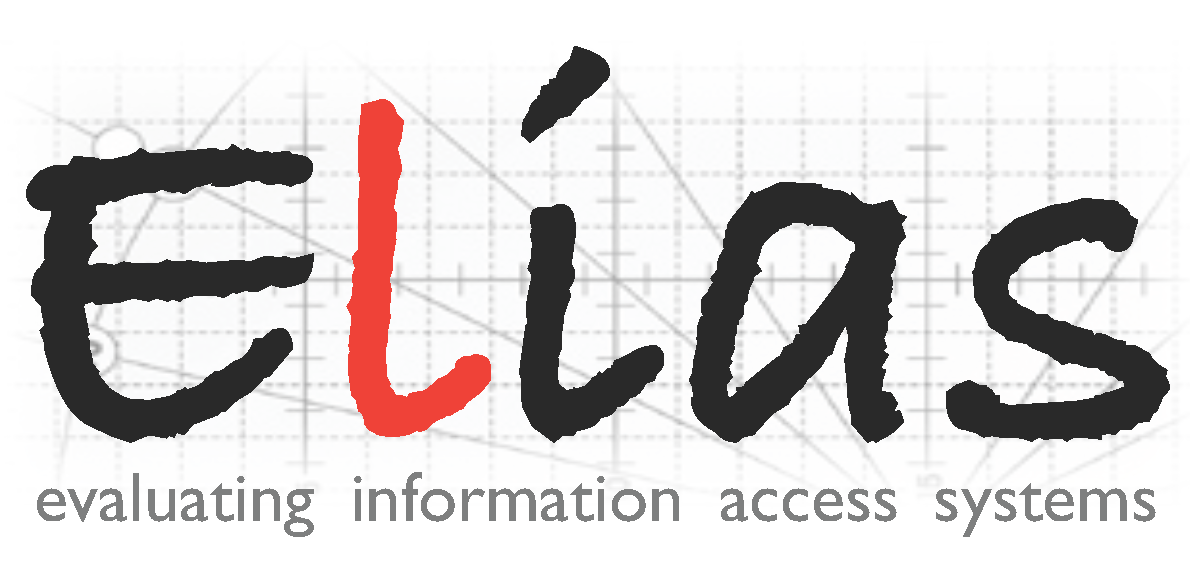4th Spanish Conference in
Information Retrieval
14-16 June 2016 - Granada, Spain

Invited Keynote Speakers
Nuria Oliver (Telefónica I+D, Spain).
Challenges and Opportunities in Data-driven Human Behavior Models
We live in a world of data, of big data, a big part of which has been generated by humans through their interactions with both the physical and digital world. A key element in the exponential growth of human behavioral data is the mobile phone. There are more mobile phones in the world as humans which has turned the mobile phone into the piece of technology with the highest levels of adoption in human history. We carry them with us all through the day (and night, in many cases), leaving digital traces of our physical interactions. Mobile phones have become sensors of human activity both in the large scale and also as the most personal devices.
In my talk, I present some of the work that we are doing at Telefonica Research in the area of modeling humans from human behavioral data collected from mobile phones. The data may be data that is automatically collected by the mobile network infrastructure –in particular Call Detail Records or CDRs—or data that is collected by an experimental mobile application through a user study. All projects entail data analytics and machine learning in order to build accurate models of individual or aggregate behavior.
In particular, I describe four projects: (1) a project to automatically infer personality from Call Detail Records; (2) MobiScore, a project to automatically assess a credit score from Call Detail Records; Borapp, a mobile app that is able to detect boredom from patterns of phone usage and a project to automatically predict crime hotspots in a city from human dynamics and demographic data.
I conclude by highlighting opportunities and challenges associated with building data-driven models of human behavior.
Julio Gonzalo (UNED - National Distance Education University, Spain).
Monitoring Reputation in the Wild Online West (Link to the presentation)
Monitoring Online Reputation has already become a key part of Public Relations for organizations and individuals; and current search technologies do not suffice to help reputation experts to cope with the vast stream of online content flooding reputation management experts.
In the talk we will overview some of the main challenges that Information Access Technologies must face to assist online reputation experts in their monitoring tasks, and present some of the results obtained by the UNED research group in the areas of entity name disambiguation, topic tracking for reputation analysis, alert detection, identification of opinion makers, and reputation-oriented summarization. We will make a special emphasis on the Replab test collections for Online Reputation Monitoring, which provide over half a million manual annotations provided by reputation experts on Twitter data.
Many thanks to our Sponsors!
 |

|
 |
 |



